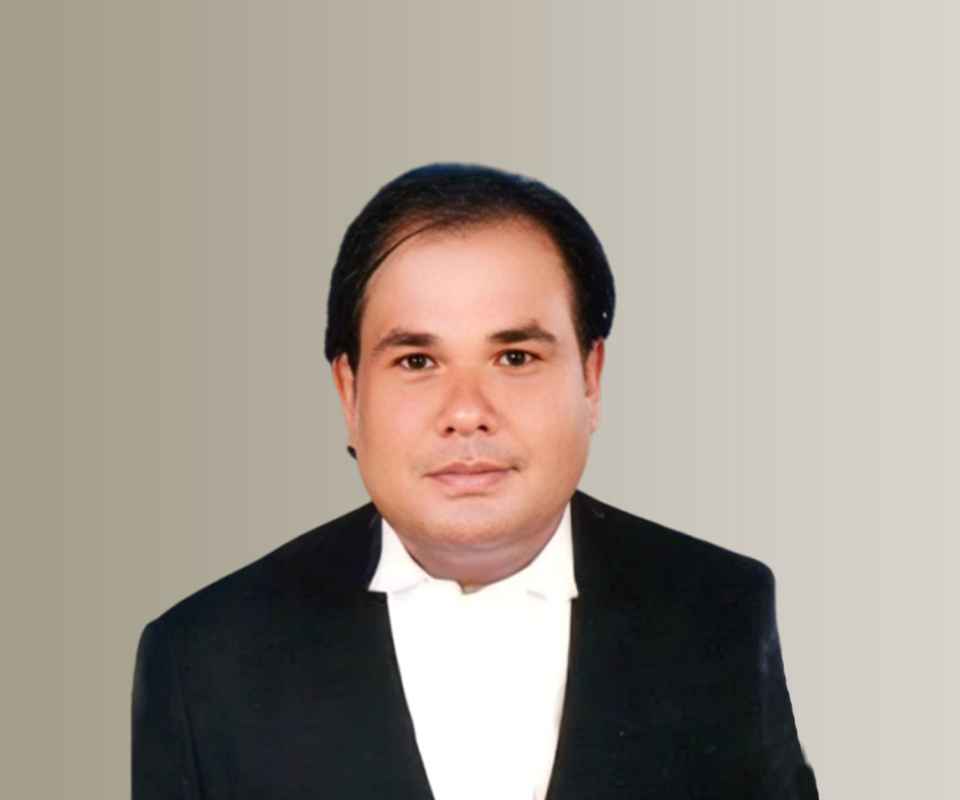Answer By law4u team
The Ministry of Home Affairs (MHA) in India plays a pivotal role in the extradition process. Acting as the Central Authority under the Indian Extradition Act, 1962, the MHA coordinates between the judiciary, law enforcement, and foreign governments to facilitate or deny requests for the surrender of fugitives.
Role of the Home Ministry in Extradition
Receiving Extradition Requests
The Ministry receives formal extradition requests from foreign governments through diplomatic channels.
It verifies the authenticity and completeness of these requests to ensure compliance with treaty provisions or legal standards.
Legal and Procedural Review
MHA reviews requests under the framework of the Indian Extradition Act, 1962, and applicable bilateral treaties.
It examines whether the offense qualifies as extraditable under Indian law, whether the request meets procedural requirements, and ensures no violation of human rights.
Coordination with Agencies
The Ministry liaises with the Central Bureau of Investigation (CBI), Ministry of External Affairs, Ministry of Law and Justice, and state police authorities to investigate, apprehend, and produce the fugitive.
It ensures smooth inter-agency communication and cooperation for operational efficiency.
Judicial Process Facilitation
When a fugitive is apprehended, the MHA facilitates legal proceedings in courts related to the surrender of the person.
It may file necessary affidavits or responses to court petitions and monitor judicial timelines.
Final Decision-Making Authority
The MHA, representing the Central Government, has the ultimate discretion to either approve or reject the extradition after considering all legal and diplomatic factors.
The decision to surrender a fugitive to the requesting country lies with the Central Government on the advice of the Ministry.
Diplomatic Engagement
The Ministry manages diplomatic communications concerning extradition matters, negotiating terms or conditions for surrender if necessary.
It also addresses political, humanitarian, or security concerns that may arise during the process.
Example
Suppose Country X requests extradition of an individual residing in India for fraud. The Home Ministry:
- Receives and reviews the request.
- Coordinates with CBI to locate and arrest the accused.
- Liaises with courts during the legal process.
- After review, decides whether to approve extradition.
- Communicates the decision diplomatically to Country X.







